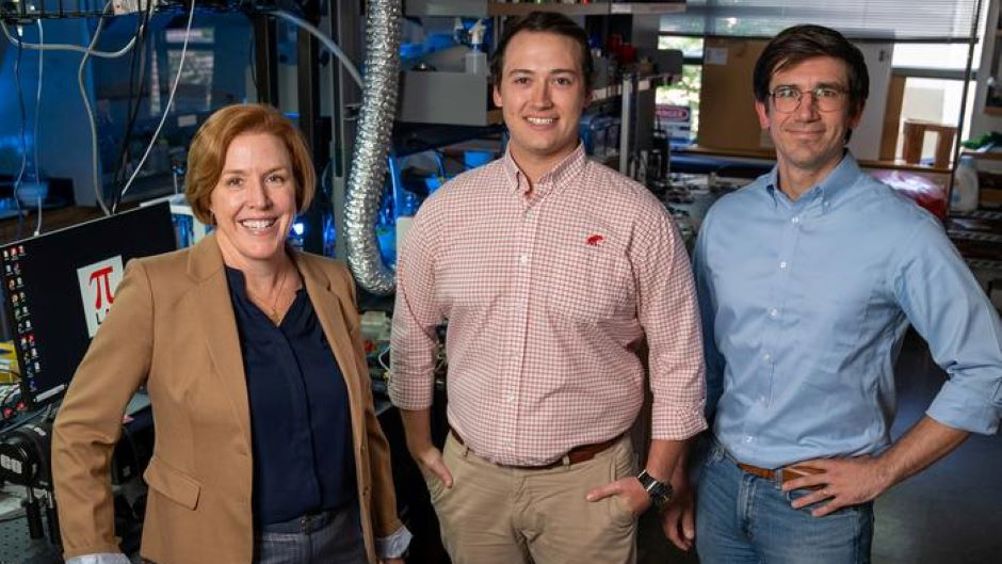Texas team incorporates haptics into wearable tech
Engineers at Rice University, Texas, have developed a wearable, textile-based device that compensates for deficiencies in visual and auditory cues with haptic input.

According to Barclay Jumet, a mechanical engineering PhD student who is the lead author on a study published in Device, technology has been slow to co-opt haptics or communication based on the sense of touch.
“Of the technologies that have incorporated haptics, wearable devices often still require bulky external hardware to provide complex cues, limiting their use in day-to-day activities,” Jumet said in a statement.
The system of haptic accessories built by the Rice labs of Daniel Preston and Marcia O’Malley is said to reduce the need for hardware by programming haptic cues into the textile structure of the wearables using fluidic control.
“With a traditional control system using voltage and current, you’d typically need many electronic inputs to achieve complex haptic cues,” said Preston, an assistant professor of mechanical engineering at Rice. “In this device, we’ve offloaded a lot of that complexity to the fluidic controller and require only a very limited number of electronic inputs to provide sophisticated haptic stimulation.”
Register now to continue reading
Thanks for visiting The Engineer. You’ve now reached your monthly limit of news stories. Register for free to unlock unlimited access to all of our news coverage, as well as premium content including opinion, in-depth features and special reports.
Benefits of registering
-
In-depth insights and coverage of key emerging trends
-
Unrestricted access to special reports throughout the year
-
Daily technology news delivered straight to your inbox










Water Sector Talent Exodus Could Cripple The Sector
Maybe if things are essential for the running of a country and we want to pay a fair price we should be running these utilities on a not for profit...